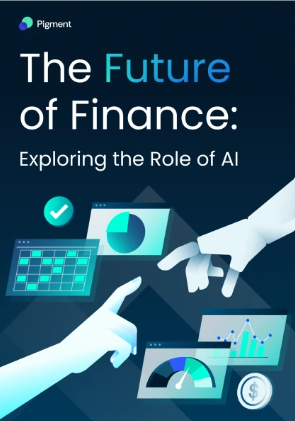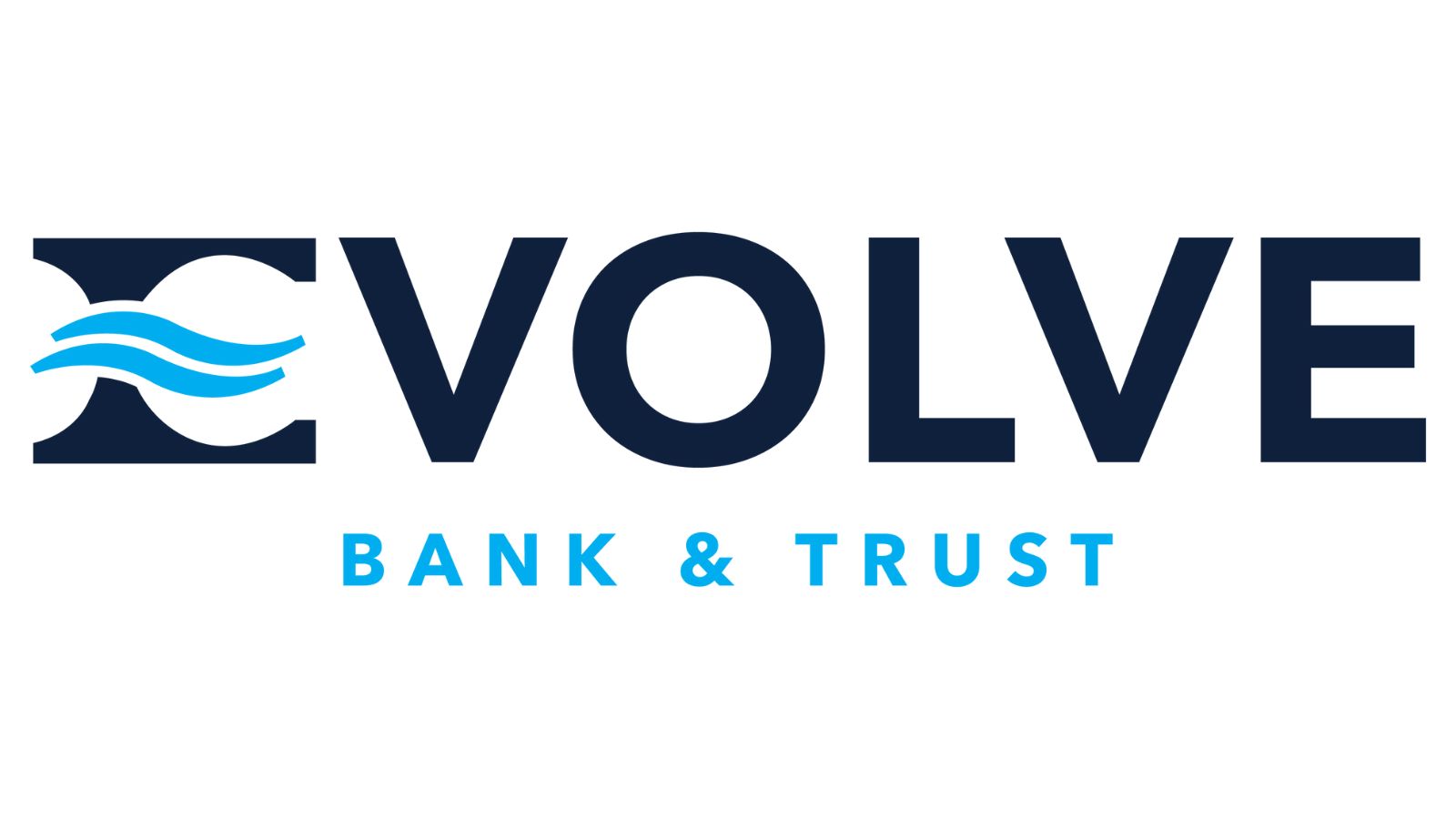Traditional banking as we know it is on the cusp of significant change. As technology continues to advance at an unprecedented pace, the future of banking holds incredible promise and potential. From digital transformation to artificial intelligence and blockchain technology, the banking industry is experiencing a seismic shift that will shape the way we manage and interact with our finances. In this article, we will explore the exciting times ahead for the future of banking.
The Digital Transformation of Banking
The digital revolution has disrupted nearly every industry, and banking is no exception. With the proliferation of smartphones and the Internet, banking services have become increasingly accessible, convenient, and user-friendly. Online banking has made it possible for customers to perform transactions, check account balances, and even apply for loans from the comfort of their own homes. Mobile banking apps have further simplified the process, allowing customers to manage their finances on the go.
As technology continues to evolve, virtual assistants and chatbots are being introduced into banking services, providing customers with personalized assistance and instant responses to their queries. The use of biometrics, such as fingerprint or facial recognition, is also becoming more prevalent, enhancing security and eliminating the need for passwords or PINs.
Artificial Intelligence in Banking
Artificial Intelligence (AI) is revolutionizing the banking industry by improving customer experiences, enhancing security, and streamlining processes. AI-powered chatbots can handle customer inquiries and provide real-time assistance, reducing the need for human customer service representatives. These chatbots can analyze customer data and preferences to offer personalized banking recommendations and financial planning advice.
Furthermore, AI algorithms can detect fraudulent transactions and suspicious patterns, bolstering security measures and protecting customers from identity theft. By analyzing vast amounts of data, AI can also help banks identify potential risks and make smarter investment decisions.
Blockchain Technology: The Future of Security and Efficiency
Blockchain technology, most commonly associated with cryptocurrencies like Bitcoin, has the potential to transform the way banks operate. Blockchain is a decentralized ledger that securely records transactions, eliminating the need for intermediaries and increasing transparency.
In the future, blockchain technology could enable faster, more secure, and cost-effective cross-border transactions. It can also streamline KYC (Know Your Customer) processes by securely storing and verifying customer identities. With blockchain, the time-consuming and cumbersome process of verifying identities and documents could be significantly reduced, saving time and resources for both banks and customers.
The Rise of Fintech
The emergence of fintech startups has disrupted the traditional banking landscape. These innovative companies leverage technology to provide financial services more efficiently, conveniently, and at a lower cost. Fintech startups are creating digital-only banks, offering alternative lending and payment solutions, and even introducing cryptocurrency-based financial products.
Collaboration between established banks and fintech startups is becoming increasingly common. Banks are partnering with fintech companies to embrace their innovation, improve customer experiences, and create more value for their customers. This collaboration allows banks to integrate cutting-edge technology into their existing infrastructure and stay competitive in the ever-evolving financial landscape.
Enhanced Personalization and Customer Experience
As technology advances, banks will have access to more customer data than ever before. This wealth of information will enable banks to provide highly personalized and tailored experiences to their customers. By analyzing spending patterns and financial goals, banks can offer customized financial advice and solutions to help customers achieve their objectives.
In the future, banks may even leverage augmented reality (AR) and virtual reality (VR) technologies to enhance the customer experience. With AR and VR, customers could virtually explore investment opportunities, test out different mortgage options, or receive financial advice in a more immersive and interactive way.
In conclusion, the future of banking is filled with excitement and possibilities. From the digital transformation of banking services to the integration of artificial intelligence, blockchain technology, and collaboration with fintech startups, the banking industry is evolving rapidly to meet the changing needs and expectations of customers. Enhanced personalization and customer experiences will be at the forefront, as banks leverage technology to deliver innovative financial solutions. As we embark on this journey into the future of banking, one thing is certain: exciting times lie ahead.








Leave a Reply